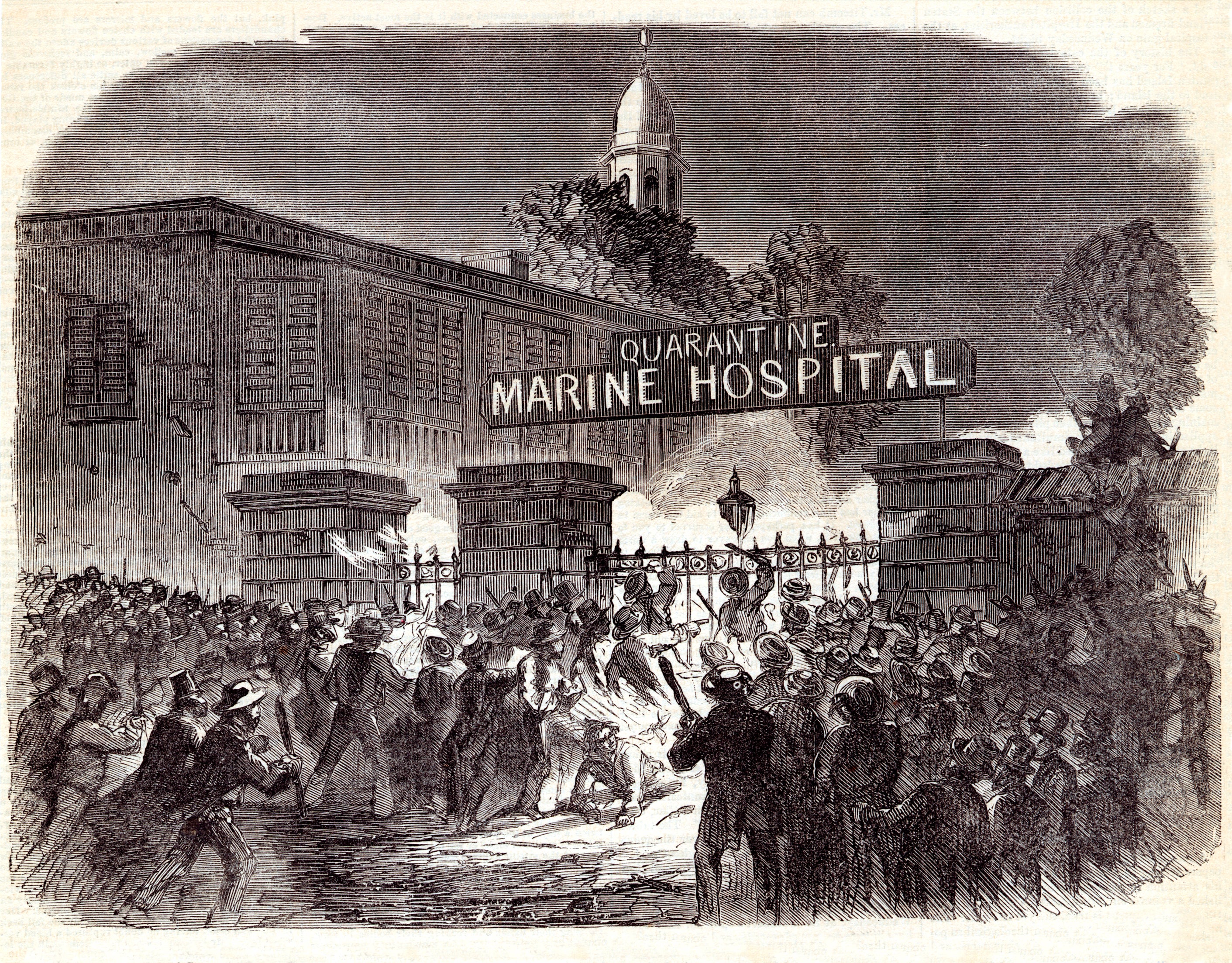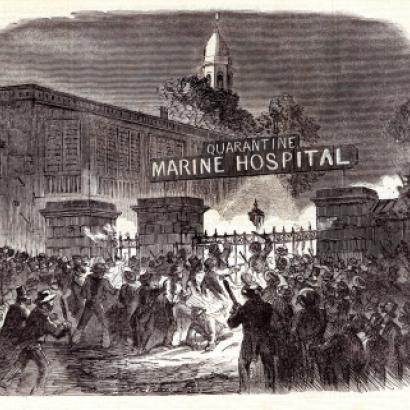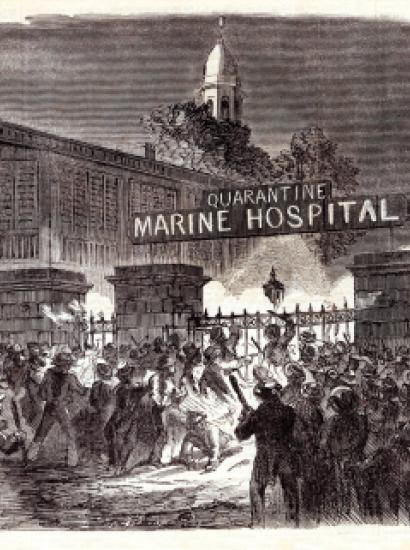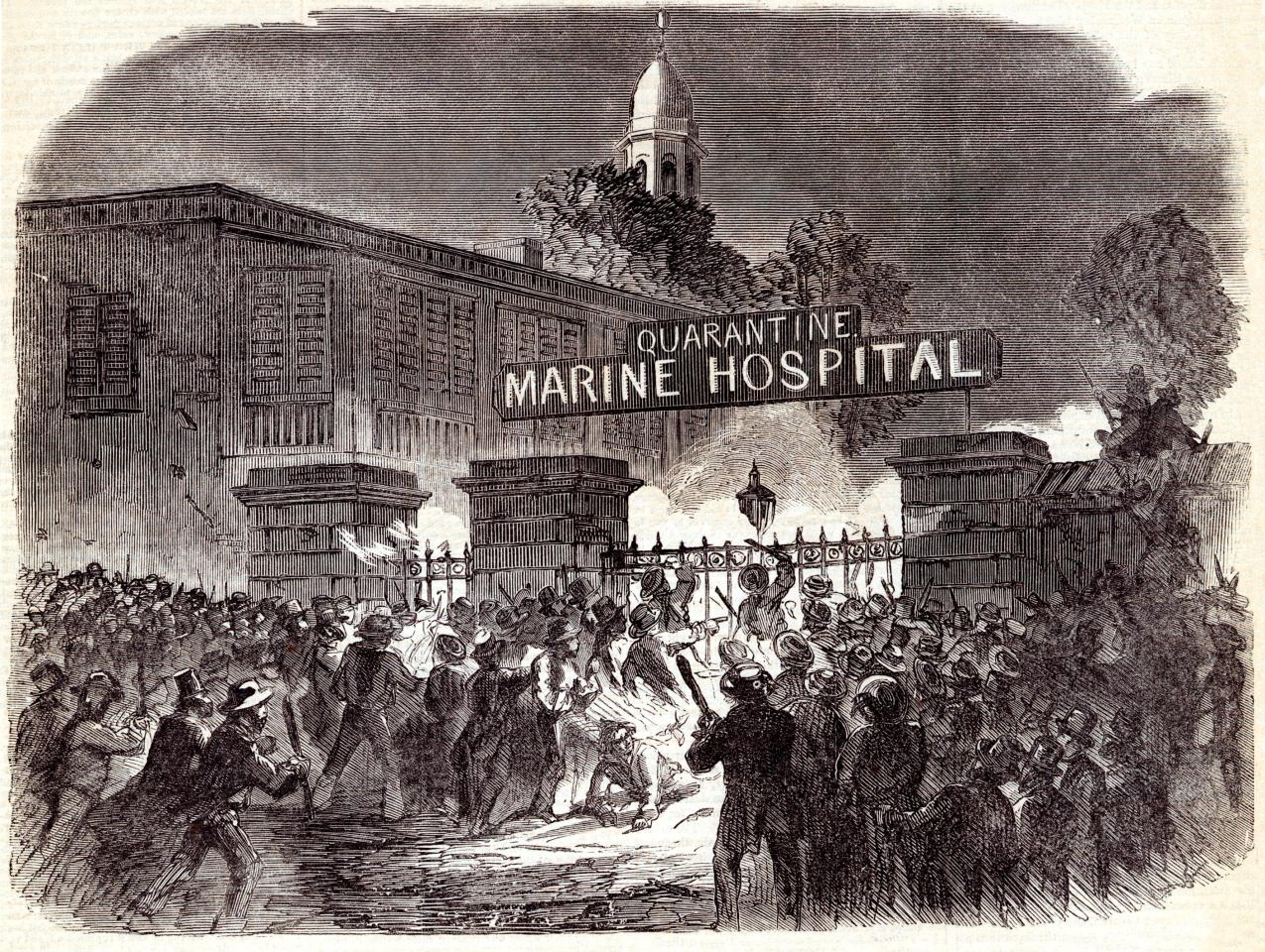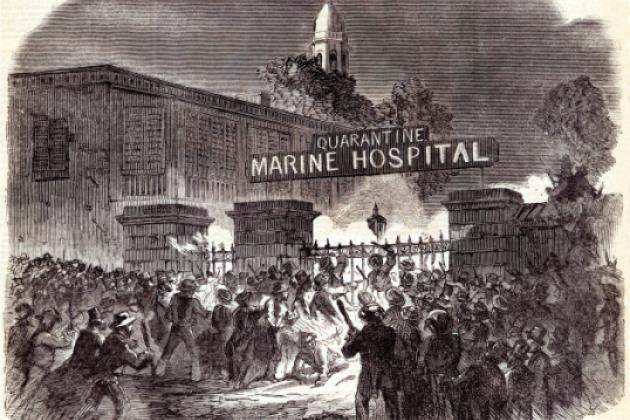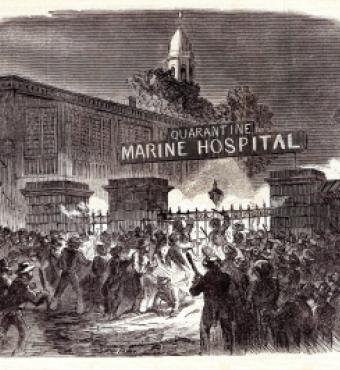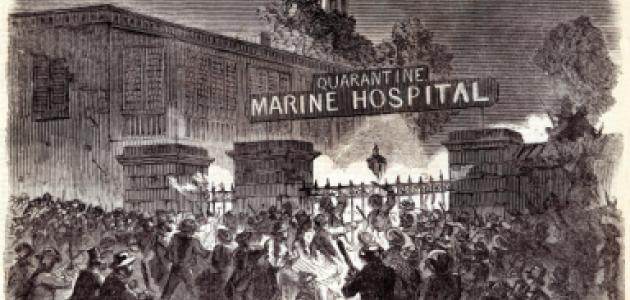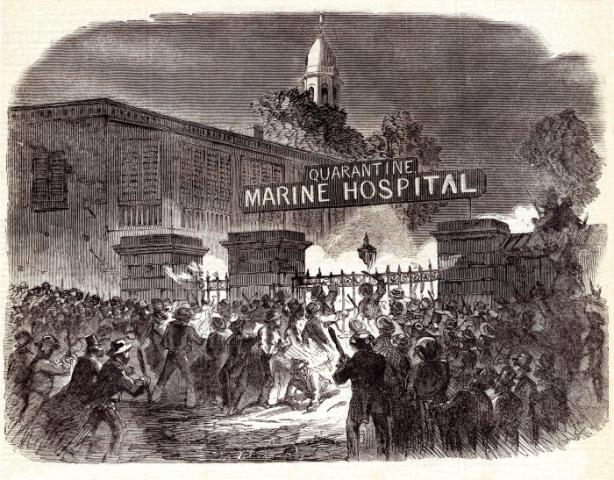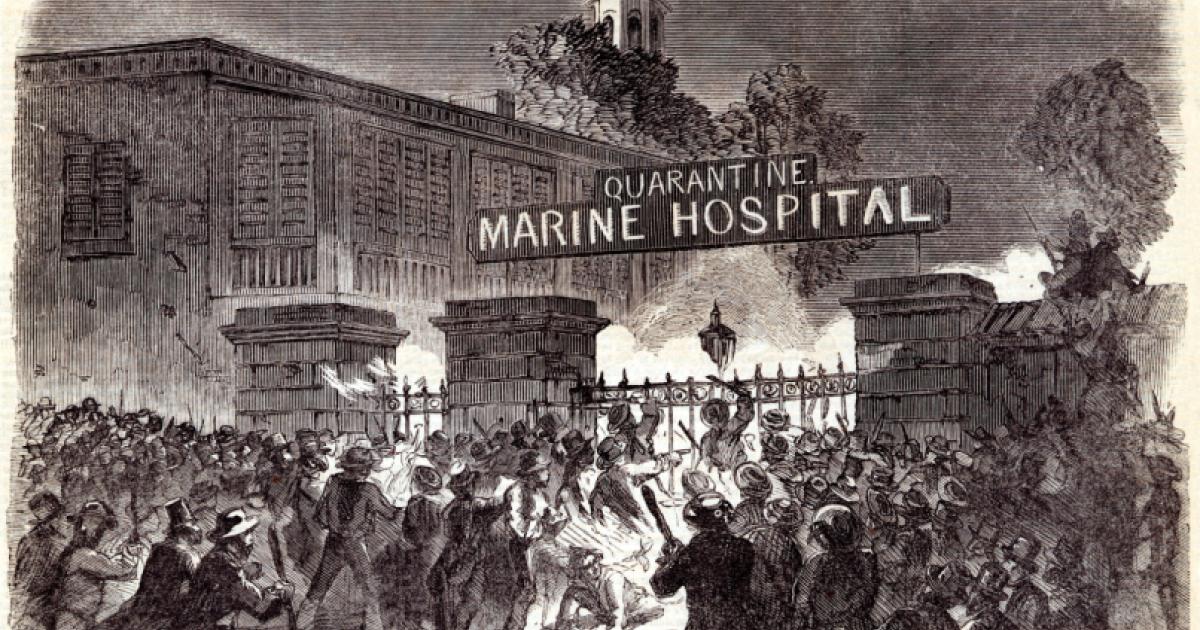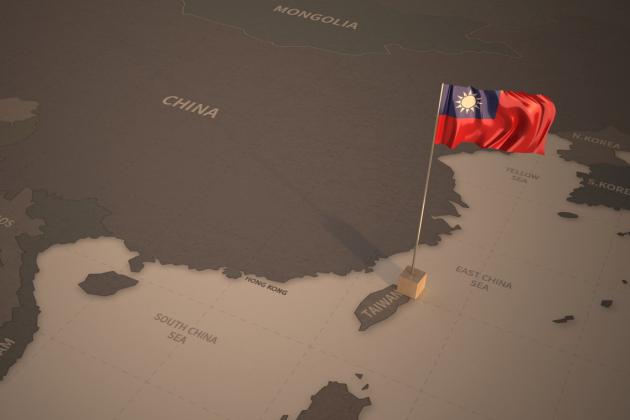Although pandemics are not rare in history, societies rarely remember history’s lessons for containing disease. Using network science and the history of the last two great plague pandemics in the 1340s and 1890s, this paper traces the evolution of various disease-fighting policies and evaluates their effectiveness. Policies are most effective when they disrupt disease transmission networks by erecting borders between communities—maritime quarantines, sanitary cordons, and blockades. In contrast, policies that target a pathogen’s geography have sizeable economic costs and often produce social unrest—public hygiene and sanitation, housing changes, lockdowns, and policing. The paper concludes that the epidemiological models used to guide COVID-19 policy inappropriately treat populations as homogeneous. Instead, whether Y. Pestis or COVID-19, policymakers should focus on understanding disease transmission networks—and how to disrupt them.
Manny Rincon-Cruz is a researcher at the Hoover Institution, Stanford University, where he helped launch and currently serves as the executive director of the History Working Group. His research focuses on various aspects of monetary history, Chinese history, and network science. He has written about the social networks of power in the history of the American presidency, the role of collegial networks in the promotion or demotion of Chinese political elites, and is currently working on modeling the spread of the Nazi party in its first three years. Since January 2020, he has been working to better understand the spread and containment of COVID-19, whether in Taiwan or the US. He nonetheless remains keenly interested in how digital technology is transforming both our public sphere and our monetary systems, here and abroad.
WATCH THE INTERVIEW WITH MANNY RINCON-CRUZ
ABOUT THE PROGRAM
This talk is part of the History Working Group Seminar Series. A central piece of the History Working Group is the seminar series, which is hosted in partnership with the Hoover Library & Archives. The seminar series was launched in the fall of 2019, and thus far has included six talks from Hoover research fellows, visiting scholars, and Stanford faculty. The seminars provide outside experts with an opportunity to present their research and receive feedback on their work. While the lunch seminars have grown in reputation, they have been purposefully kept small in order to ensure that the discussion retains a good seminar atmosphere.






